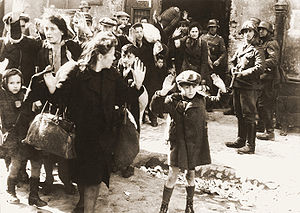Play the Game
I am reading Adam Hochschild’s riveting story of World War I, To End All Wars. Born into a family that made a huge fortune in mining in the late 19th century, Hochschild became a civil rights and anti-war activist early in life and co-founded Mother Jones magazine in the mid-1970s. As such, he is in a prime position to write about the war’s loyalists and dissenters, groups with wonderfully arcane British twists – such as the fact that Sir John French, the first commander of British forces, and Charlotte Despard, anti-war activist, future communist and IRA sympathizer, were brother and sister. Hochschild writes insightfully about the British penchant to see war as a game, to equate fighting with competition, and to honor sportsmanship on both the playing field and the battlefield. In particular, he notes the impact of Sir Henry Newbolt’s “Vitaï Lampada” (“The Torch of Life”) – a poem I still sometimes hear declaimed by grown men in school ties – which compares war to cricket and urges its young heroes on both fields to “Play up! Play up! And play the game!”
This was a creed that made the British general staff exceptionally unsuited to the devastation of industrial warfare, the ugly reality of the trenches and the mind-boggling casualties – military and civilian – of World War I.
In an unrelated matter, I lost at squash yesterday, and I’m still pissed.
Unrelated? Well, maybe it’s better to think of a game as war, rather than of war as a game.

